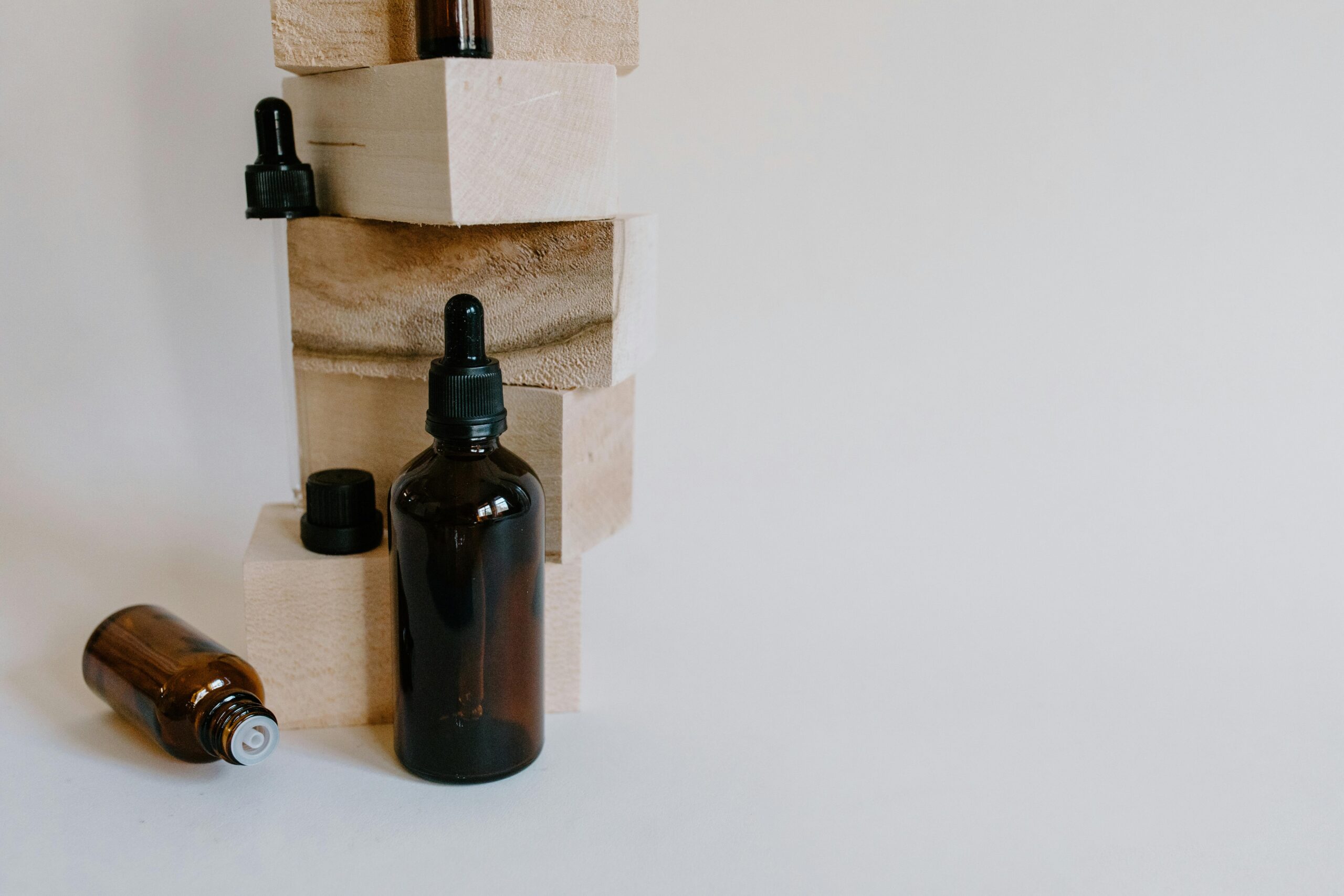
Intensive Outpatient Programs (IOPs), also known as IOP rehab, stand as a beacon of hope for individuals seeking comprehensive treatment and support for various mental health conditions and substance abuse disorders.
Offering a balance between the structure of inpatient care and the freedom of outpatient services, IOP rehabs provide a vital lifeline for those striving to reclaim their lives from the grips of addiction and mental illness. In this article, we delve into the transformative nature of IOP rehabs, exploring their key components, benefits, and the impact they have on individuals on the path to recovery.
Key Components of IOPs
1. Structured Therapy Sessions: IOPs typically involve multiple therapy sessions each week, often including group therapy, individual counseling, and educational workshops. These sessions provide a safe and supportive environment for individuals to explore their thoughts, feelings, and behaviors while learning essential coping skills.
2. Flexibility: Unlike inpatient treatment, IOPs allow participants to continue living at home and maintain their daily responsibilities, such as work, school, and family commitments. This flexibility enables individuals to receive the care they need without disrupting their lives entirely.
3. Comprehensive Support: IOPs offer a holistic approach to treatment, addressing not only the symptoms of addiction or mental illness but also the underlying causes and contributing factors. This may include medication management, family therapy, and connections to community resources and support groups.
4. Real-Life Application: One of the most significant benefits of IOPs is their focus on real-life application. By learning and practicing coping strategies within their everyday environment, individuals can develop the skills needed to navigate challenges and triggers outside of treatment.
Benefits of IOPs
1. Intensity of Treatment: Despite being outpatient-based, IOPs provide a high level of care and support, making them suitable for individuals who require more than traditional outpatient therapy but do not need 24-hour supervision.
2. Cost-Effectiveness: Compared to inpatient treatment, IOPs are often more affordable while still offering intensive therapy and support. This makes them a viable option for individuals seeking effective treatment without breaking the bank.
3. Community and Connection: IOPs foster a sense of community and connection among participants, creating a supportive network of peers who understand and empathize with each other’s experiences. This camaraderie can be invaluable in the journey toward recovery.
4. Empowerment and Independence: By participating in an IOP, individuals take an active role in their recovery journey, gaining a sense of empowerment and independence as they learn to manage their symptoms and make positive changes in their lives.
How to choose Rehab for IOT
Choosing an IOP rehab is a pivotal step toward recovery for those grappling with substance abuse and mental health issues. United Recovery Project offers a premier IOP rehab that combines flexibility with intensive care, allowing clients to integrate treatment into their daily lives without full-time residential commitments.
With a compassionate staff and a robust support system, United Recovery Project’s IOP rehab is designed to equip individuals with the tools they need for long-term recovery while accommodating their work, family, and personal commitments. This program stands out for its dedication to personalized care, ensuring that each client’s unique needs are met with the highest standard of therapeutic services.
Find the right support
Intensive Outpatient Programs offer a beacon of hope for individuals grappling with addiction and mental health challenges. Through structured therapy, comprehensive support, and a focus on real-life application, IOPs empower individuals to reclaim their lives, one step at a time. Whether seeking freedom from addiction or healing from mental illness, IOPs provide the tools, support, and community needed to unlock a brighter, healthier future. If you or a loved one need support, consider exploring the transformative potential of an Intensive Outpatient Program today.

















